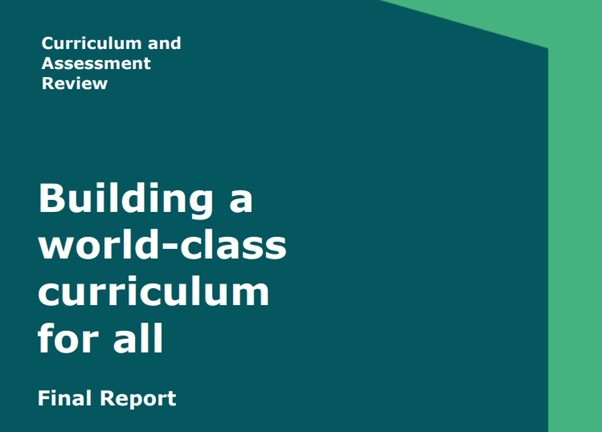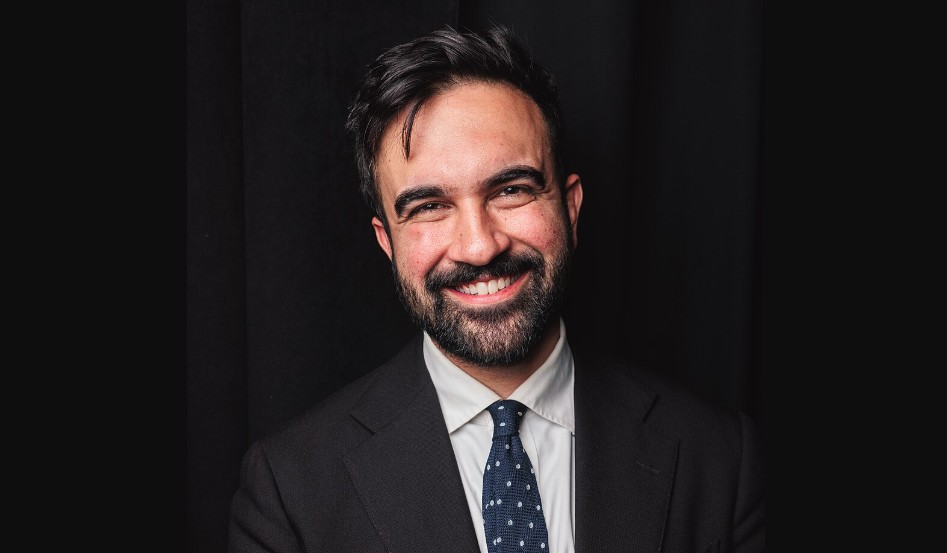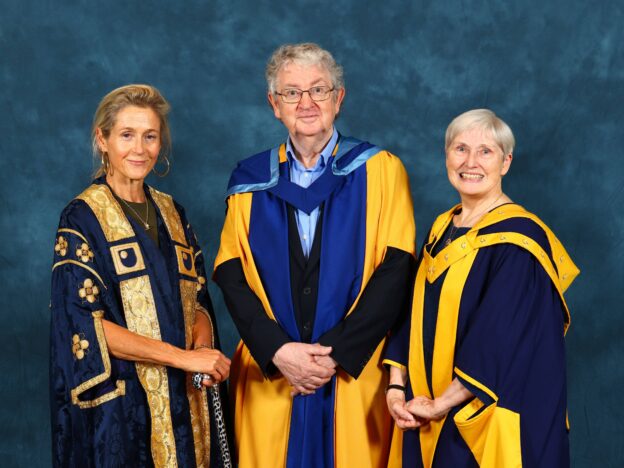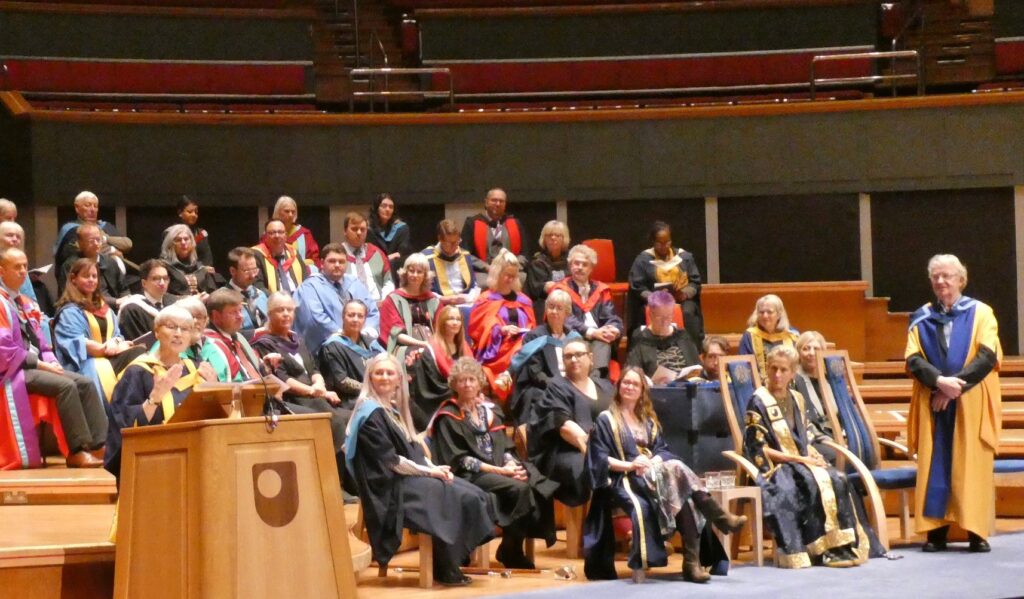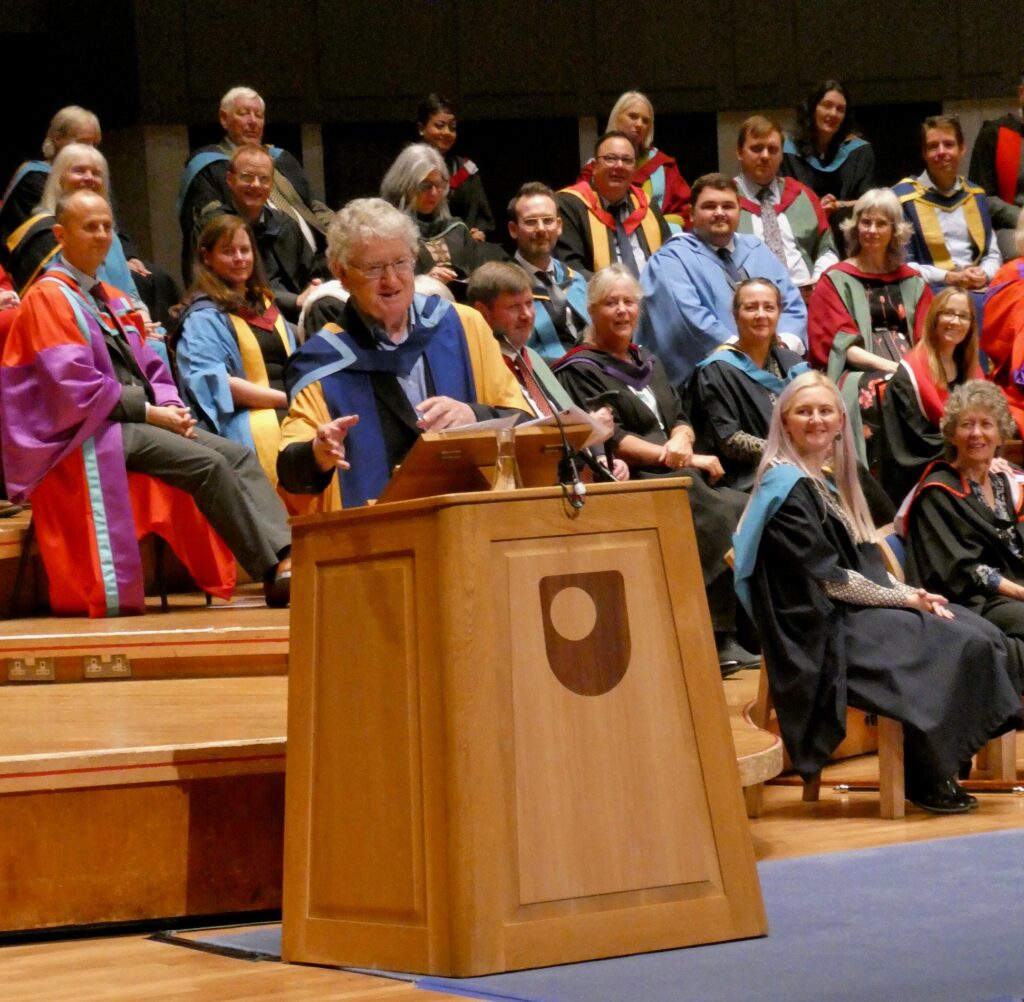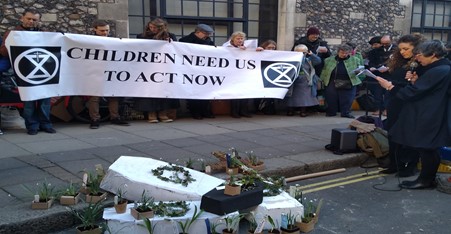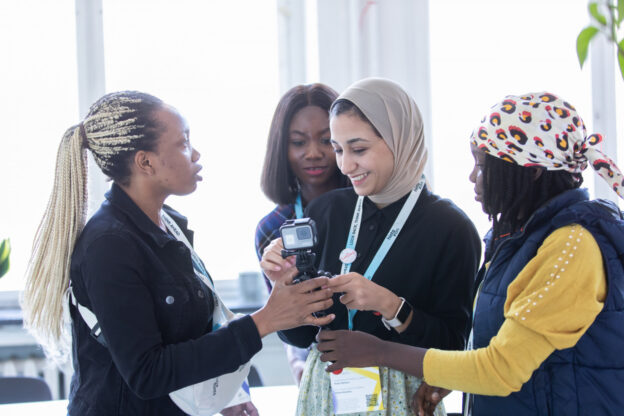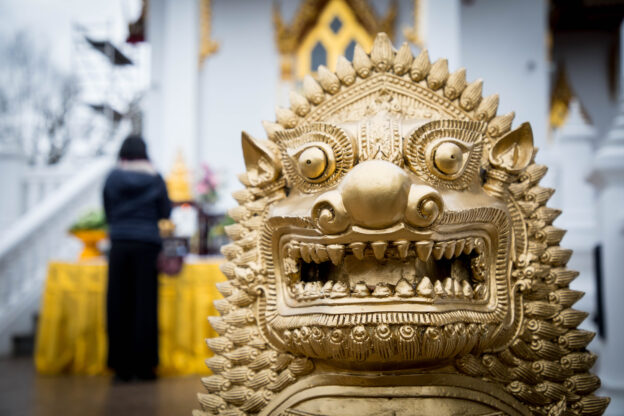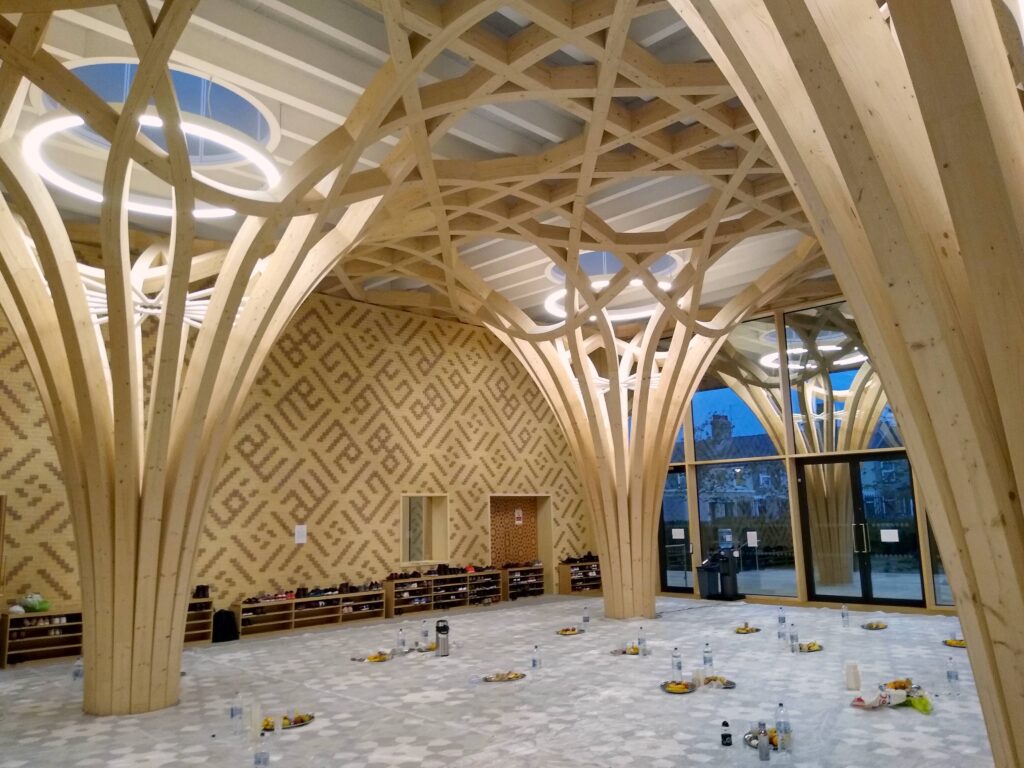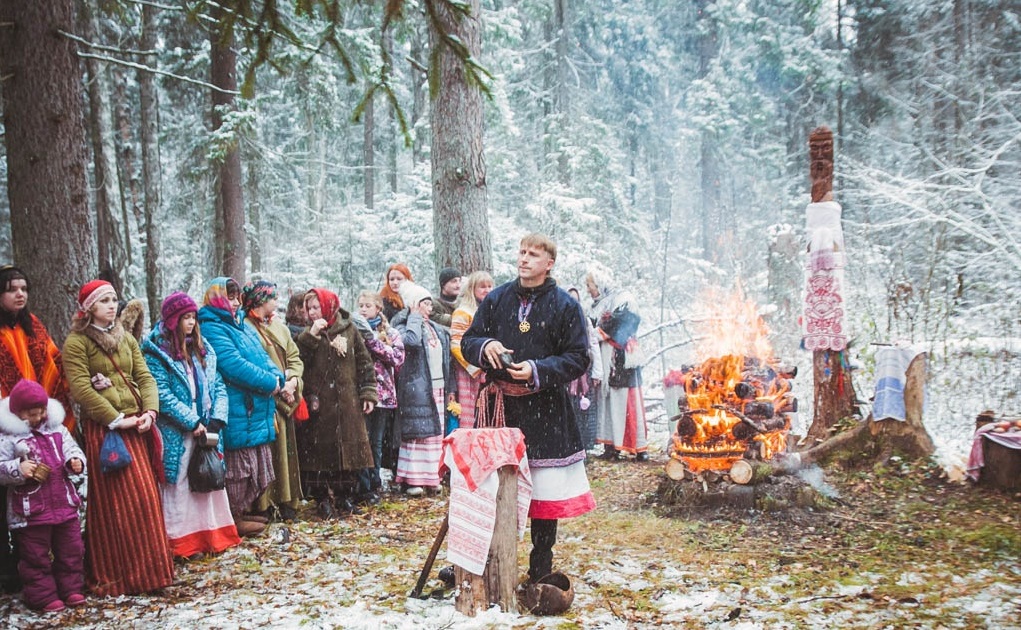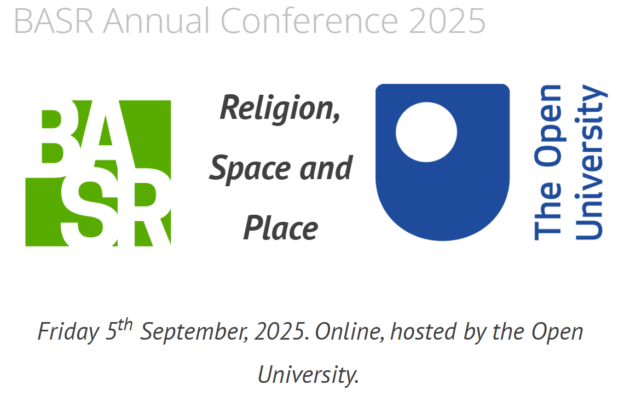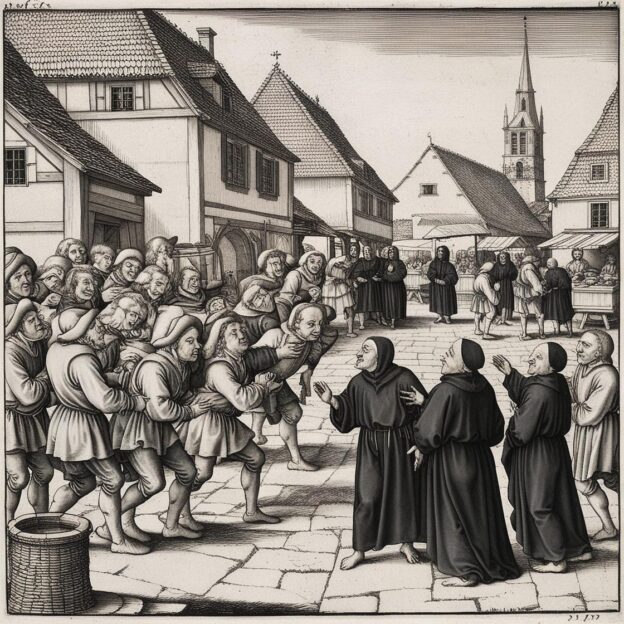Deal or No Deal returned to our screens recently. If you haven’t seen it before, the format is extremely simple—there are 22 players, each being assigned a box filled with a random value between 1p and £100,000. One player is picked to take their box (and its unknown value) to the centre, where they begin to reveal the contents of the other players boxes, one by one. Every three boxes, the mysterious Banker phones in with an offer to buy the player’s still-unopened box, offers which can change dramatically as the values of the other boxes are slowly revealed. Essentially, the contestant must gamble the unknown value in their box against the Banker’s offers to gain the highest possible profit. However, to get the maximum possible – £100k – one must both have received the box of that value, and be prepared to go to the very end and say no to the Banker’s every offer along the way.
Originally hosted by Noel Edmonds, the show was relaunched in 2023 with Stephen Mulhern (who looks like an AI combined Ant, Dec and Philip Schofield into a single image). Edmonds has been a TV pioneer since the 1980s, innovating now-common techniques such as audience phone-ins, and, like Mulhern, cut his teeth presenting live children’s TV. It shows – each episode of Deal or No Deal is an hour of crowd-work, the host building a narrative from a random sequence of numbers and whatever the contestant happens to do and say. The narrative of each show is driven by the contestant being obliged to find patterns in a random sequence, and then explain their reasoning.
It’s that which makes the show so interesting as an example of how ordinary people understand knowledge. Traditional epistemologists (philosophers of knowledge) might approach the question in terms of what a contestant can know for certain, or what the optimal way to think the problem through is. However, I’m much more interested in the social epistemological questions about what everyday people do to try to gain knowledge, and what they think they are doing. Answering those might give us a rather different perspective on religious belief.
Any episode of the show is full of examples. The players are constantly getting a “feeling” about boxes. The contestant will often have a sense about whether their box contains a blue (low value) or red (high value) number. Sometimes they may have had a dream about it (perhaps understandable given that they may have in the pool of potential players for weeks before actually being picked). The contestant will also frequently ask other players if they have a feeling about its contents – and it’s very seldom that they will say no. I often wonder where they understand this knowledge as coming from – from themselves, or an external source? That it is typically described as a “feeling” makes it clear that this is sensed knowledge, rather than thought, experienced in the heart rather than the head. That it is often said with the palm of the hand laid against the chest reinforces this impression.
Another example is the sense that the player should “go all the way to the end” with the box they were given – as though there were some purposeful or meaningful connection between them and the contents of the box they were assigned. That they were somehow “chosen”, or that the value reflects themselves in some karmic way.
It’s increasingly common for contestants to talk about “manifesting” a particular result—that is, active visualisation toward a desired outcome. Although such magical thinking has a long history, it was repopularised by Rhonda Byrne’s 2006 bestseller The Secret. Noel Edmunds himself became a prominent advocate for these techniques, publishing his own book Positively Happy: Cosmic Ways to Change Your Life in 2006. It is certainly possible that he encouraged contestants to talk in this way, but nevertheless they have continued to do so with Mulhern.
The contestants will also frequently construct ad hoc rituals. These typically involve family members and friends – for example, certain boxes will be kept until the end because the numbers are a birthday of a sibling or child, or decisions are based on advice given in advance by a grandparent. Although this is often presented as “for luck”, I read it as being more about “meaning”. In many cases, they are people who’ve died, usually (but sadly not always) older people. By incorporating these ancestors in the narrative being constructed, the contestants establish their identity within a larger group of extended family and close friends, becoming a representative of the broader tribe for the purposes of the narrative.
We can see this socialised knowledge too in how the group will spontaneously respond to events in particular ways. One that fascinates me is the way that the collective will respond to a disappointing play (for example, the player revealing the locations of the high-value boxes early in the game) by all repeating “come on”, not in the cheery way of someone encouraging a child flagging in a sports day race, but in a quiet way that seems to mean something closer to “hold the line” or “trust the plan”. The contestant, being seen as the representative of the broader collective, is reassured by that broader collective about the unexpected result and encouraged to continue. I am reminded of Bruno Latour’s argument in Rejoicing that religion is a “mode of being” in which language is used not to carry information but to transform the person hearing it. It’s a collective shoring up of faith, in its most simple meaning of “trust”.
These ad hoc acts and improvised knowledge claims are very much in keeping with those described by scholars of vernacular religion including Leonard Primiano, Martin Stringer and Graham Harvey. For these scholars, our beliefs are not so much an idea that we hold in our head that drives our behaviour, rather they are socially-determined sets of responses to various situations, and in out-of-the-ordinary or stressful situations, our responses can be very different from our everyday responses. These often do not confirm to the kinds of logical or empirical thinking that traditional epistemology has presented as the norm, but they are nevertheless utterly normal, and I would argue, central to understanding human behaviour.
Deal or No Deal gives us an opportunity to observe these processes happening in a framework that isn’t seen as religious by anyone involved. While religious identity continues to drop steadily, non-empirical beliefs and their ritualised expressions remain ubiquitous. As scholars of religion, we could identify these claims to non-empirical knowledge as religious, but I am not sure what the analytical benefit would be. Rather, I prefer the more radical position that these non-empirical knowledges are not uniquely, or even particularly, the domain of religion. Dividing the ways we gain knowledge about the world into science on the one hand, and religion on the other, as we often do, is too simplistic.
The broader point then is that, outside of academia or other contexts where we are brought to consciousness of how we are thinking, our ways of gaining knowledge of the world are messy and complex. Deal or No Deal is perhaps something of an outlier, but I suspect that most of us have made a decision based on a feeling about a person, or object. Maybe you’ve had a physical reaction to a place, or felt that you were being watched. Ideas about ghosts, communication with the dead, of extra-sensory perception and of being able to will things into manifestation are as common, if not more so, than those we more typically identify as religion, and probably always have been. But as yet, we lack the vocabulary for a more nuanced conversation about different kinds of knowledge.


